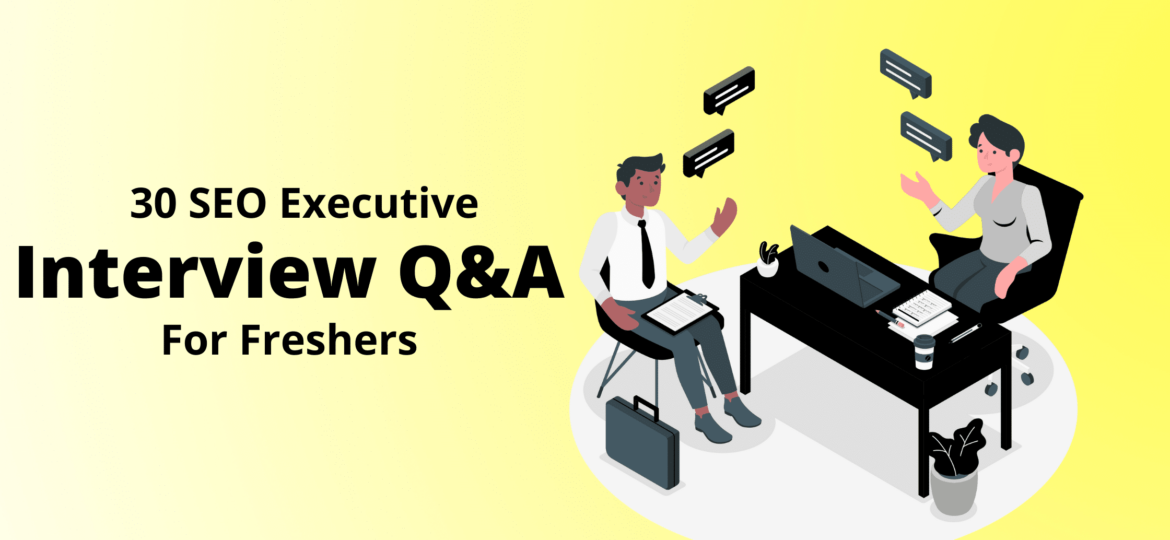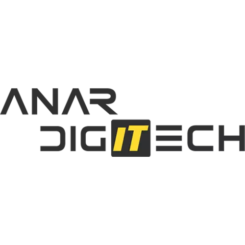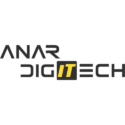
Search engine optimization (SEO) is an essential component of any digital marketing strategy. Every business nowadays requires more visibility, stronger branding, increased online traffic, a high return on investment, and thorough insight into client behavior.
The success of a job interview is dependent on how well you prepare. Preparing for an interview is not just doing a study for the job, but also deciding how to respond to the questions. In this article, I’ve compiled a list of the most common SEO interview questions and answers to help you land your dream SEO job.
What is Search Engine Optimization (SEO)?
What is the most important Google Ranking Factor?
- Quality content with no plagiarism
- Mobile Friendliness
- Good User Experience (UI/UX)
- Page Speed
- Link Building (Internal and External)
- On-page Optimization
- Meta Title & Description
- Image Alt Text
- URL Structure
What's the difference between organic and paid results?
What does it mean to the long-tail keywords?

What does the term "bounce rate" mean in SEO?
What exactly is a robots.txt file?

What are anchor texts and how do you use them?

What is an XML Sitemap of the website?
What is the Meta Tag?
Which SEO tools do you use regularly?
- Google Keyword Planner
- Google Search Console
- ahrefs
- SEMRush
- Ubersuggest
- Moz
- Answer the public
- Google Trends
- SEO Quake
- Grammarly
- Keywords Everywhere
What is link building in SEO?
What are backlinks, and how do you get them?
What are the do-follow and no-follow links?
What is on-page and off-page SEO?
What are On-page SEO activities?
- Publish quality content
- page titles and meta descriptions
- Proper Headings and content formatting
- SEO Images
- SEO URL Structure
- Internal links
- External links
- Page Speed
- Mobile-friendliness
- Comments
What are the activities of off-page SEO?
- Business Listing
- Blog Commenting
- Directory Submission
- Forums Submission
- Influencer Outreach
- Guest Blogging
- Broken Link Building
- Social Networking
- Social Bookmarking
- Questions & Answers
- Image Submission
- Video Submission
- Press Release
What is the definition of a canonical issue?
Why is internal linking important?
What is Domain Authority and how does it work?

As shown in the image PA, DA, and spam scores will show on the page.

What is page speed?
What is the definition of an outbound link?
What is Page Rank, and how does it work?
What is keyword density, and what does it mean?
What is the meaning of keyword difficulty?
What is the definition of a landing page?
What is an SEO title tag?
Name the most important SEO Meta tags and their character limitations.

What is a search engine result page (SERP)?

What is Google My Business, and how does it work?

What is keyword stuffing, and how does it work?
Top Search Engine Optimization(SEO) FAQs
There are 4 types of SEO.
- On page
- Off-Page
- Technical
- Local
White hat SEO refers to a set of approved search engine optimization techniques for improving a website’s ranking on a search engine results page (SERP). Organic search results are those that appear on search engines as a result of approved methods rather than paid or fraud.
SEO tools look into the ability of Web pages to rank highly in search engine results pages. They provide data on backlinks and keywords, as well as insights into online SEO competition.
The technique by which search engines organize information before a search to provide super-fast responses to queries is known as indexing. Search engines would have to scan through individual sites for keywords and themes to find relevant material, which would take a long time.



Image Submissions have become extremely popular among bloggers and social media users because of their simplicity and ease of use.
Right